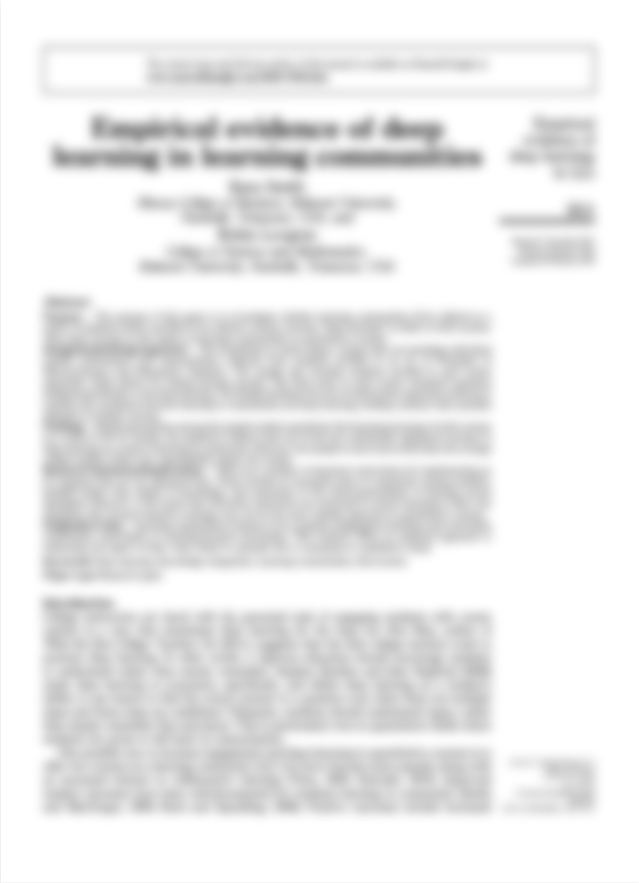METROPOLITAN CORP. BUYS 94-96 ANN ST.: Will Establish Auto Sales and Tire Store There PACKARD APARTMENTS SOLD AT AUCTION
The Hartford Courant (1923-); Hartford, Conn.. 12 July 1923: 20.
You might have access to the full article...
Try and log in through your library or institution to see if they have access to the full text.





